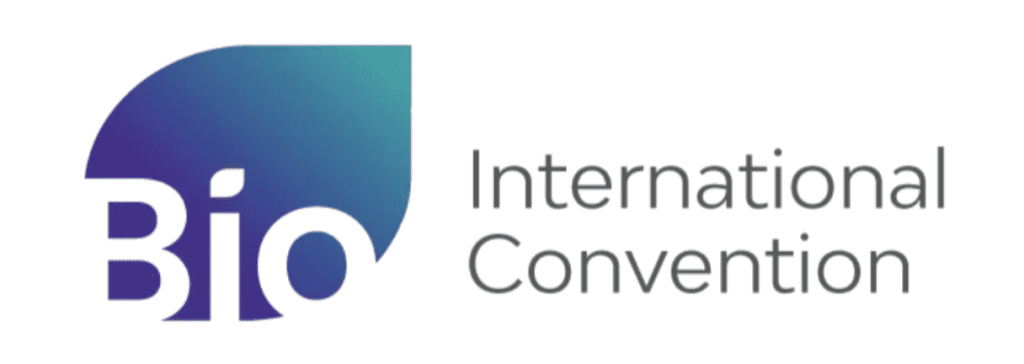The BIO International Convention 2024 was held in San Diego, CA from June 3-6. It is the largest event for biotechnology with over 18,500 industry leaders in attendance, sharing the latest advancements in the industry. The most popular topics included:
- AI and Digital Health
- Next Generation Biotherapeutics
- Oncology
- Cell and Gene Therapy and Genome Editing
- Infectious Disease and Vaccines
→ Biointron’s Highlighted Points:
1. AI and Digital Health
- Experimental validation in drug discovery via active feedback loops between silico and experimental data is crucial to ensure the integrity of AI findings, training algorithms, and adapting to and optimizing for safe and effective clinical outcomes.
- Extended reality (VR, AR, and MR) combined with AI and biosensing, has a transformative impact on health issues such as anxiety, depression, PTSD, autism, Parkinson’s, Alzheimer’s, stroke, TBI, and physical rehabilitation.
- Overcoming systemic data bias via AI and digital health tools is leading to better access and lowering the overall cost of care, closing gaps in care delivery and diagnosis.
2. Next Generation Biotherapeutics
- The longevity therapeutics field is growing in interest by investors in the diseases of aging framework and approaches, changing from preventative approaches to more pragmatic disease-based drug development and clinical trial designs.
- Amid the opioid crisis, urgent innovation in pain therapeutics is vital – the NIH, small biotech, biopharma, and VCs can rejuvenate CNS & pain innovation to address this critical health need.
- Pharmaceutical innovations in space, such as microgravity, are being researched into how they may improve protein crystallization and reformulate existing pharmaceutical drugs.
3. Oncology
- Radiopharmaceuticals can integrate concepts from personalized medicine. Collaboration between stakeholders is needed to drive future breakthroughs in radiopharmaceutical development and clinical trials.
- 6 CAR-T cell therapies have been approved by the FDA over the last 6 years to treat blood cancers. Allogeneic cell therapy promises to be the next-generation option to broaden patient access, lower costs, and increase reliability and scalability.
- Co-opting biological processes is a key method for drug discovery, and a new generation of approaches include novel intra- and extracellular degraders, sequence-specific inhibitors of protein synthesis, and pH-engineered ADCs.
4. Cell and Gene Therapy (CGT)
- While CGTs are successful in the western world, manufacturing and supply chain are a major hurdle to reach patients in Asia, Middle East, Australia and Africa.
- Gene delivery vectors play a pivotal role in CGT by facilitating efficient delivery of genetic payloads to the cells. Novel delivery vehicles include next-generation AAVs, alternative viral vectors, and synthetic nanoparticles.
5. Infectious Disease and Vaccines
- A new framework for value assessment of antimicrobials and vaccines: STEDI. Elements include spectrum, transmission, enablement, diversity, and insurance.
- We may reshape adult vaccination through policy and system level change (e.g., closing coverage gaps), provider level (e.g., simplification and standardization of recommendations), and consumer level (e.g., healthy aging).
- To prepare for public health emergencies, many countries are stockpiling, advancing research and development of medical countermeasures, and addressing regulatory challenges. There is an urgent need for multi-faceted partnerships to adequately prepare for global infectious disease threats before they start.

